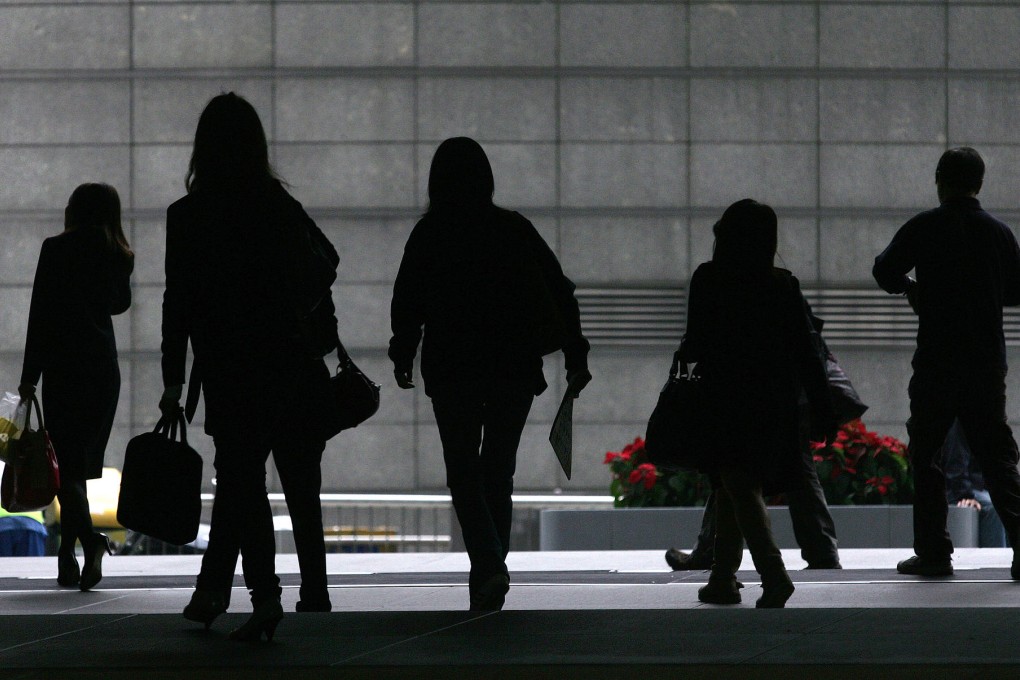China's women professionals challenge workplace inequality
Support groups sprout up on mainland, inspired by Facebook executive Sheryl Sandberg's book

Women professionals on the mainland face more sex discrimination now than they did 20 years ago, studies say, and support groups inspired by Facebook chief operating officer Sheryl Sandberg's book Lean In are sprouting up in Beijing and Shanghai to challenge this resurgence.

Eight months later, although she has lowered her expectations and is applying for junior positions, she is hitting a brick wall with companies refusing to hire her because of her gender.
"The interviewers would be very direct with me and say that even though I have the qualifications they're looking for, since they expect me to get married and have a child soon they won't hire me," said the 28-year-old.
The central government requires companies to give women 14 weeks of paid maternity leave, compared to 10 weeks in Hong Kong. Research suggests that companies discriminate against women in part to avoid having to provide this benefit.
In 2009, the Centre for Women's Law and Legal Services at Peking University surveyed 3,000 women over a year and found that one in four women were denied a job due to their sex.